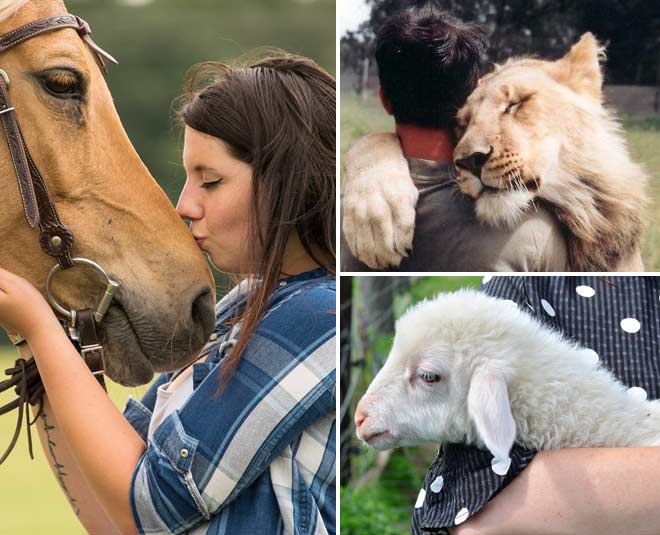
Earth is home to different types of species. Thus, interacting with different animals on a daily basis becomes common, both at home and away from home. However, animals can sometimes carry harmful germs that can spread to people and cause illness. These are known as zoonotic diseases or zoonoses. Never heard of it? Don’t worry, because HZ spoke to Dr Yash Javeri, Head of Critical Care Medicine, Anesthesia & Emergency, Regency Super Speciality Hospital, Lucknow to know all about this disease.
“Zoonotic diseases have been increasing globally as well as in India. Of 1407 human pathogens, 816 were zoonotic, which means, capable of being transmitted naturally between animals and humans. Zoonotic diseases are caused by harmful germs like viruses, bacterial, parasites, and fungi. These germs can cause many different types of illnesses in people and animals, ranging from mild to serious illness and even death. Animals can sometimes appear healthy even when they are carrying germs that can make people sick, depending on the zoonotic disease,” told Dr Yash Javeri.
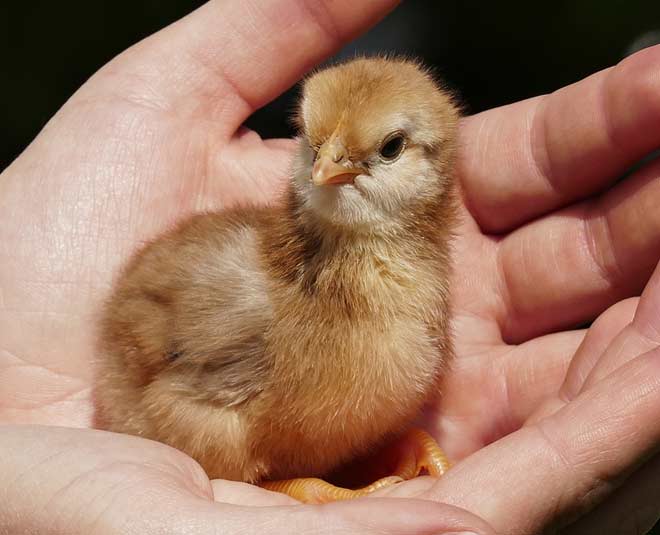
Zoonotic diseases are very common, both in India and around the world. Scientists estimate that more than 6 out of every 10 known infectious diseases in people can be spread from animals, and 3 out of every 4 new or emerging infectious diseases in people come from animals. “In India, the major public health zoonotic diseases are rabies, brucellosis, toxoplasmosis, cysticercosis, echinococcosis, Japanese Encephalitis (JE), plague, leptospirosis, Scrub typhus, nipah, trypanosomiasis, Kyasanur forest disease (KFD), and Crimean-Congo hemorrhagic fever. The importance of zoonotic disease is much higher today than any other time as SARS Cov-2 originated from bats,” revealed Dr Yash.
Because of the close connection between people and animals, it’s imperative to be aware of the common ways people can get infected with germs that can cause zoonotic diseases. These can include:
Don't Miss: Vitamin K: Here’s Why You Need This Nutrient To Remain Healthy Lifelong
Coming into contact with the saliva, blood, urine, mucous, feces, or other body fluids of an infected animal. Examples include petting or touching animals, their bites, or scratches.
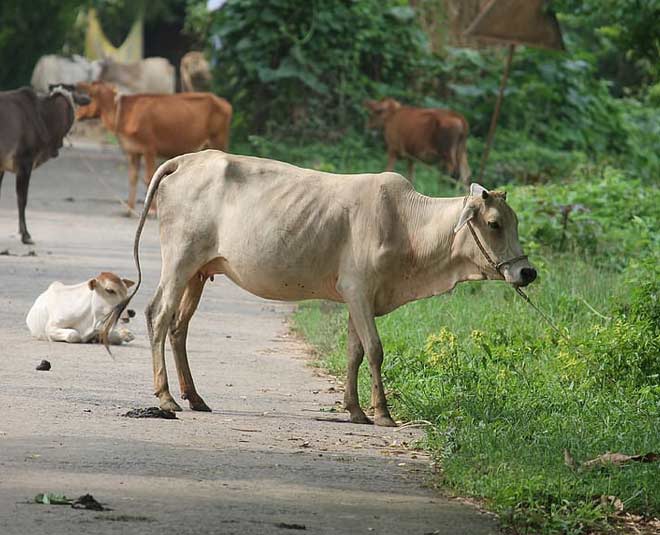
Coming into contact with areas where animals live and roam, or touching those objects or surfaces that have been contaminated with germs. Examples include aquarium tank water, pet habitats, chicken coops, barns, plants, and soil, as well as pet food and water dishes.
Don't Miss: What Is Alzheimer's And What Happens When It Claims An Individual
Being bitten by a tick, or an insect like a mosquito or a flea.
Eating or drinking something unsafe, such as unpasteurised (raw) milk, undercooked meat or eggs, raw fruits and vegetables that are contaminated with feces from an infected animal. Contaminated food can cause illness in people and animals, including pets.
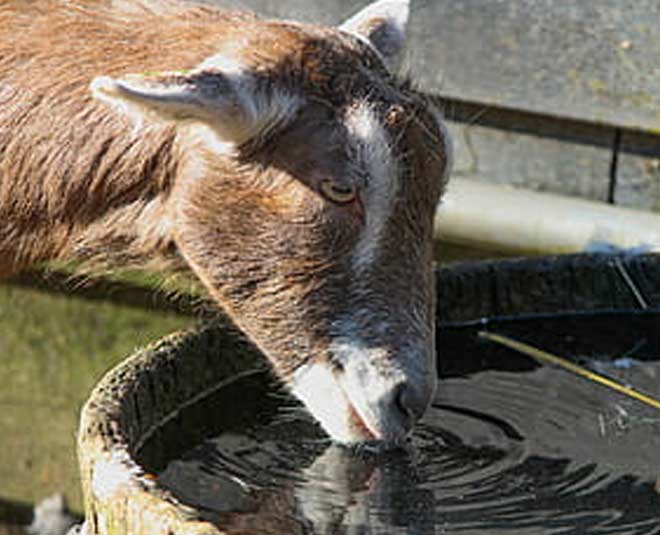
Drinking or coming in contact with water that has been contaminated with feces from an infected animal.
Dr Yash Javeri further informed that “anyone can get sick from a zoonotic disease, including healthy people. However, some people are more at risk than others and should take steps to protect themselves or their family members.” These groups of people include:
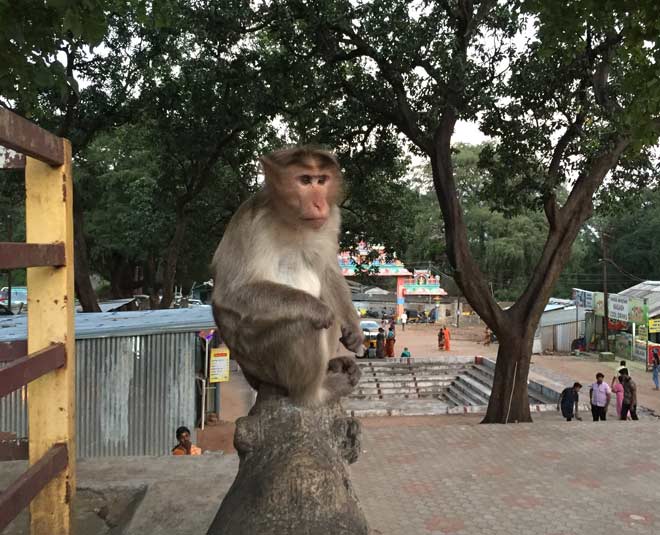
Another important thing to remember is, people can come in contact with animals in many places. This includes at home and away from home, in places like petting zoos, fairs, schools, stores, and parks. Insects, like mosquitoes and fleas, and ticks, bite people and animals day and night. Thankfully, there are things you can do to protect yourself and your family from zoonotic diseases. Dr Yash Javeri suggested to:
If you liked this article, do comment on our Facebook page. Stay tuned to HerZindagi to read more such articles.
Also watch this video
Herzindagi video
Our aim is to provide accurate, safe and expert verified information through our articles and social media handles. The remedies, advice and tips mentioned here are for general information only. Please consult your expert before trying any kind of health, beauty, life hacks or astrology related tips. For any feedback or complaint, contact us at [email protected].